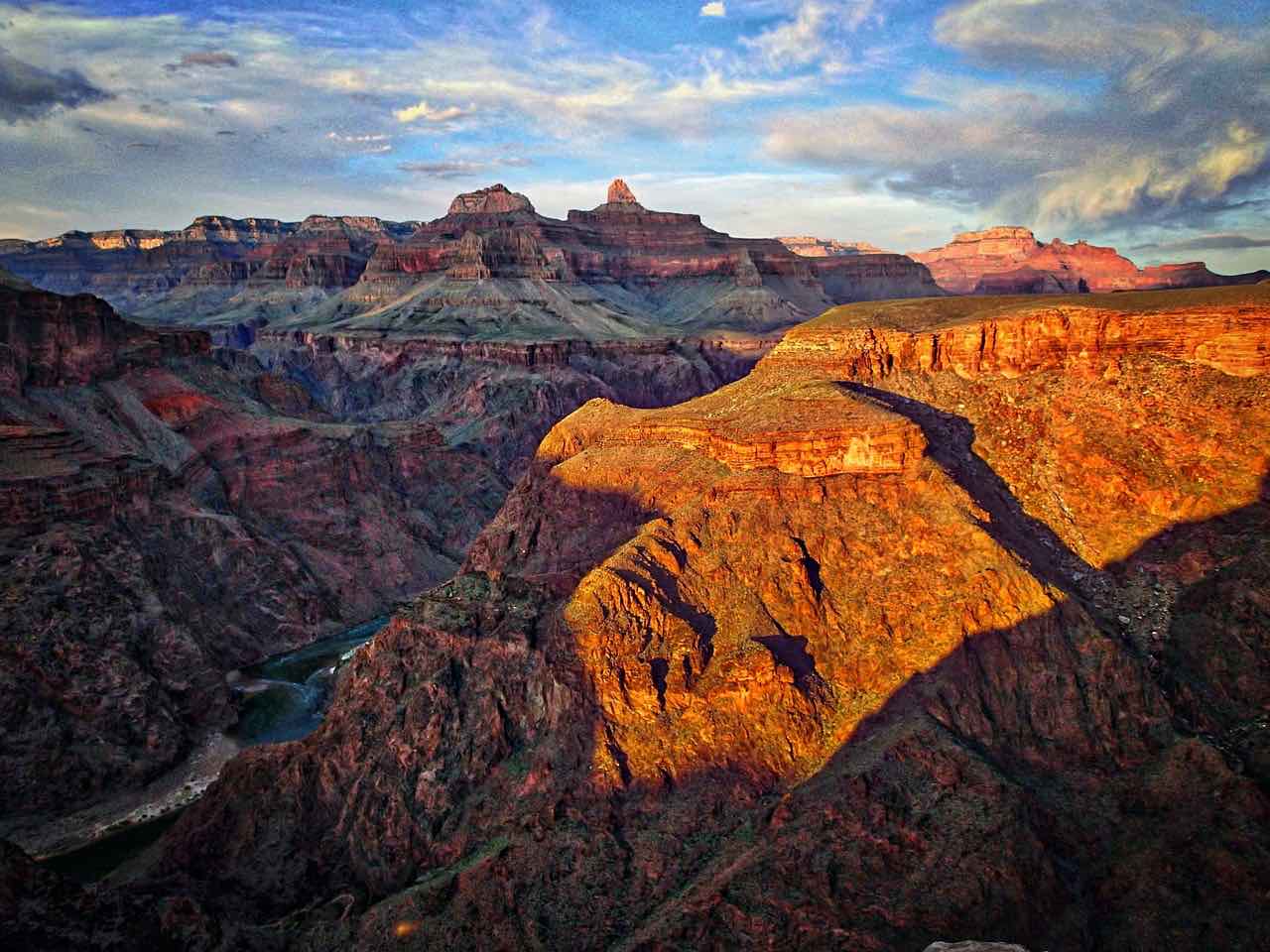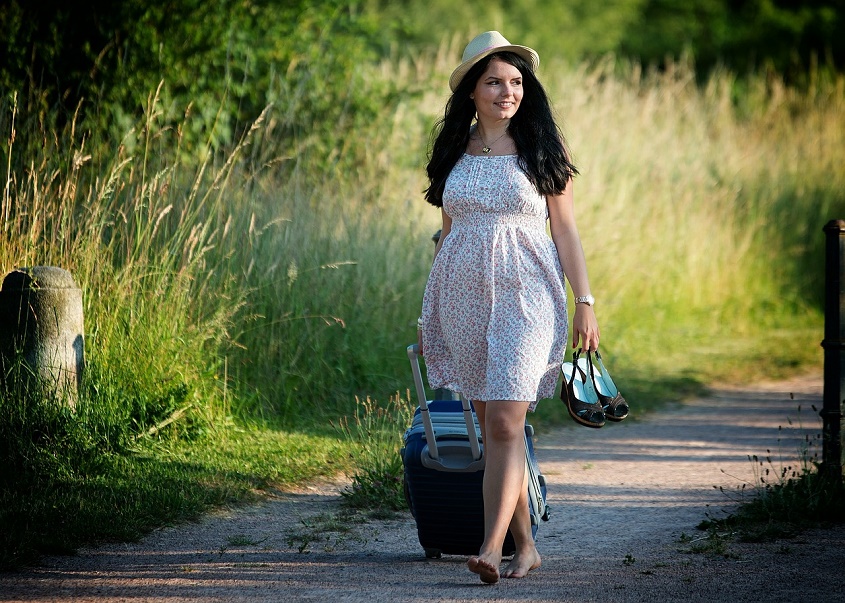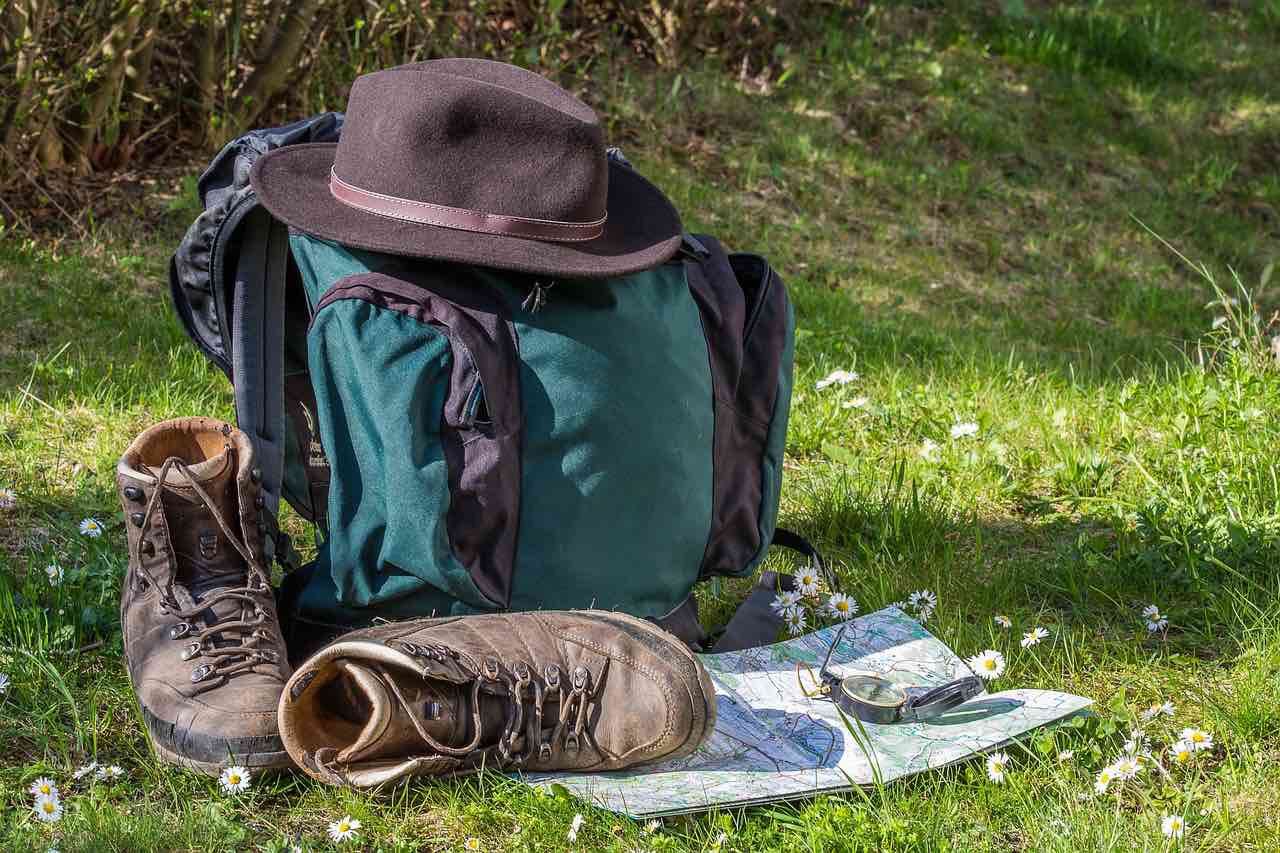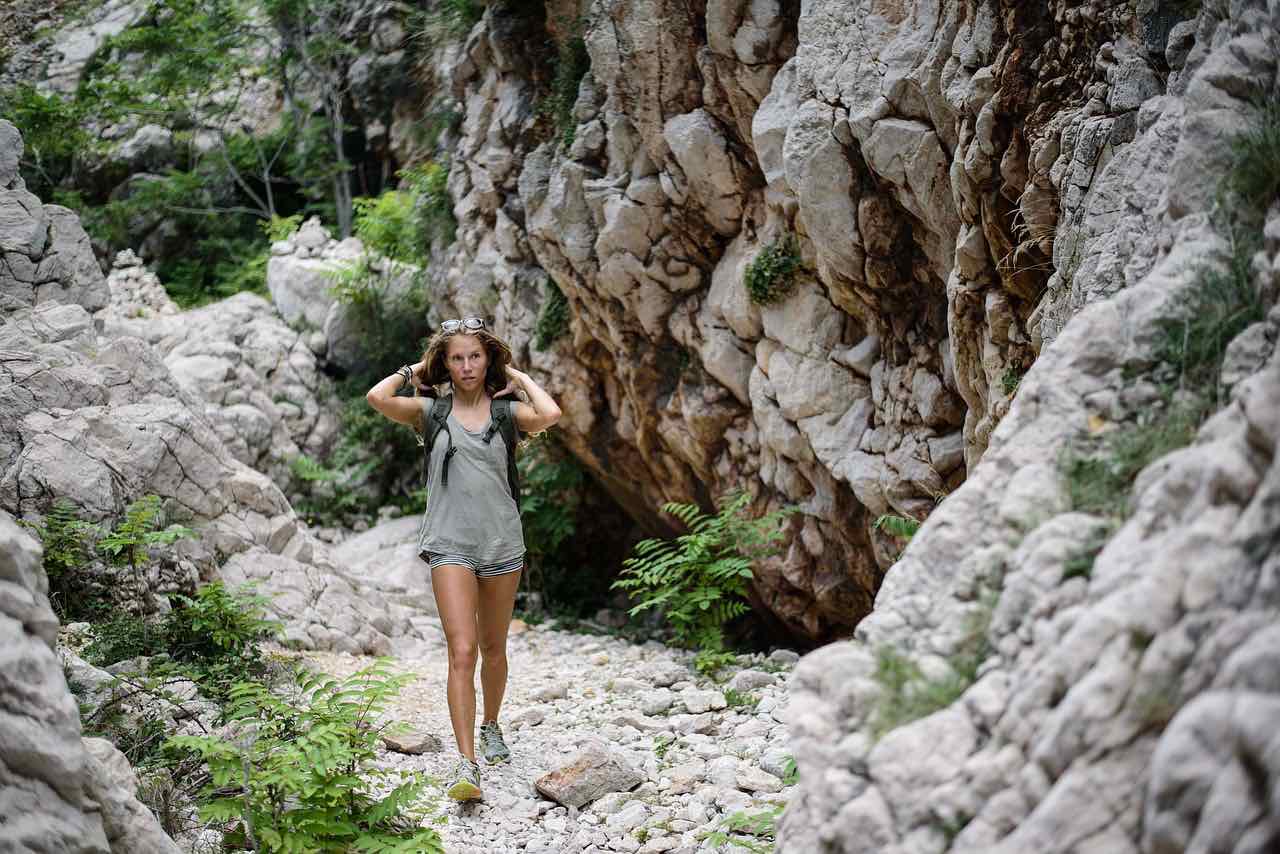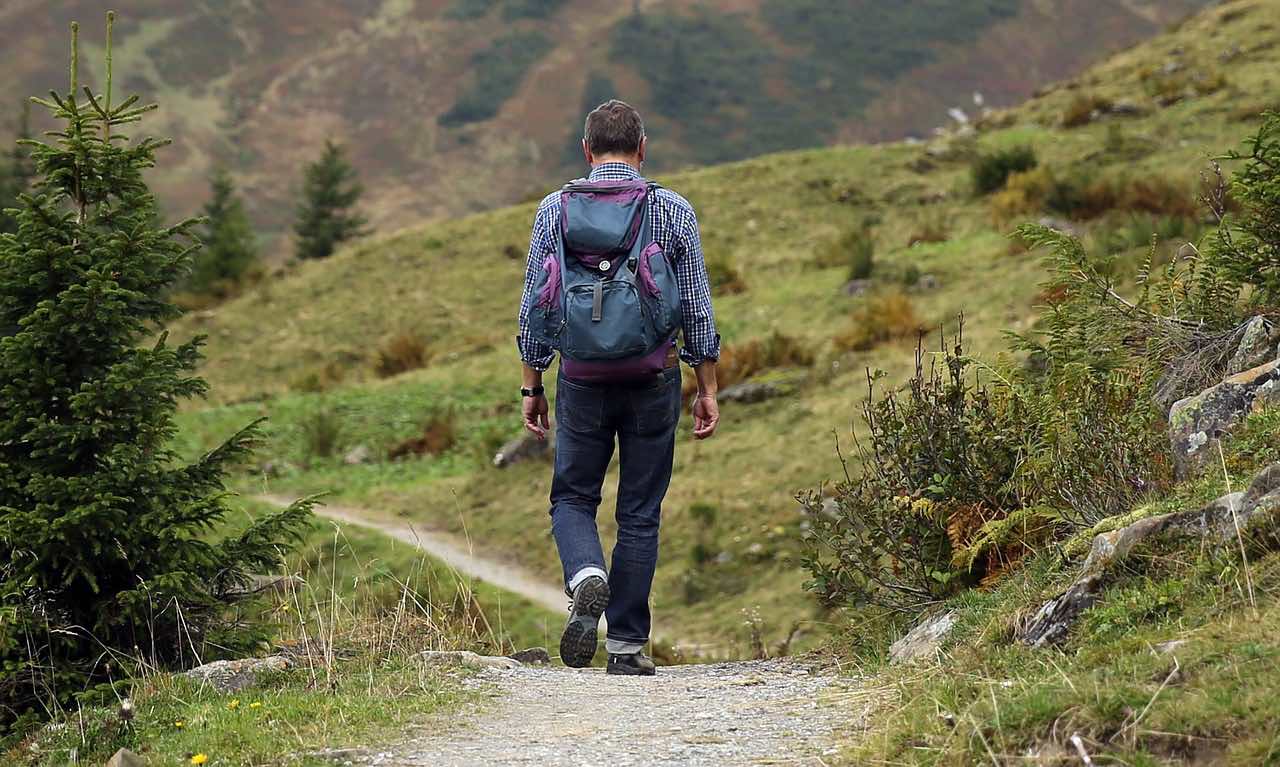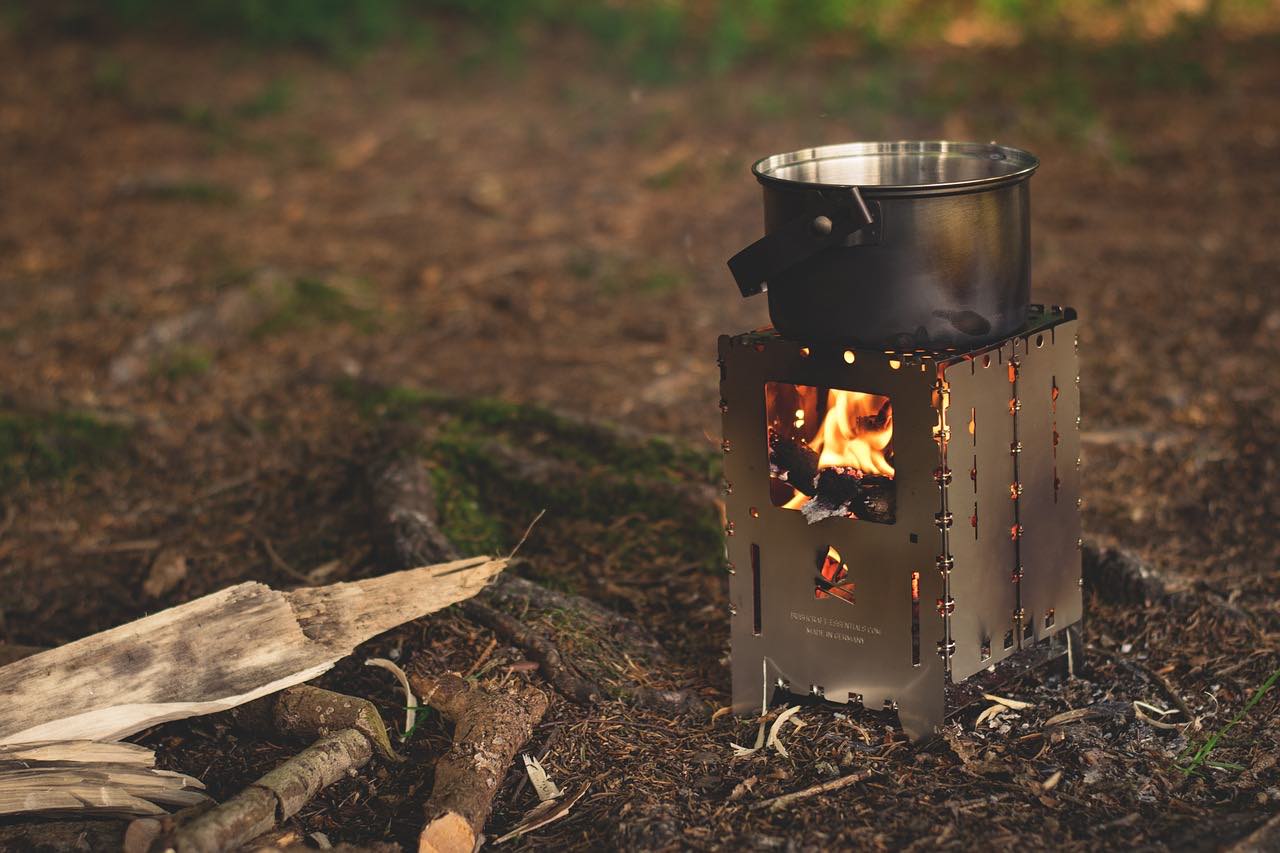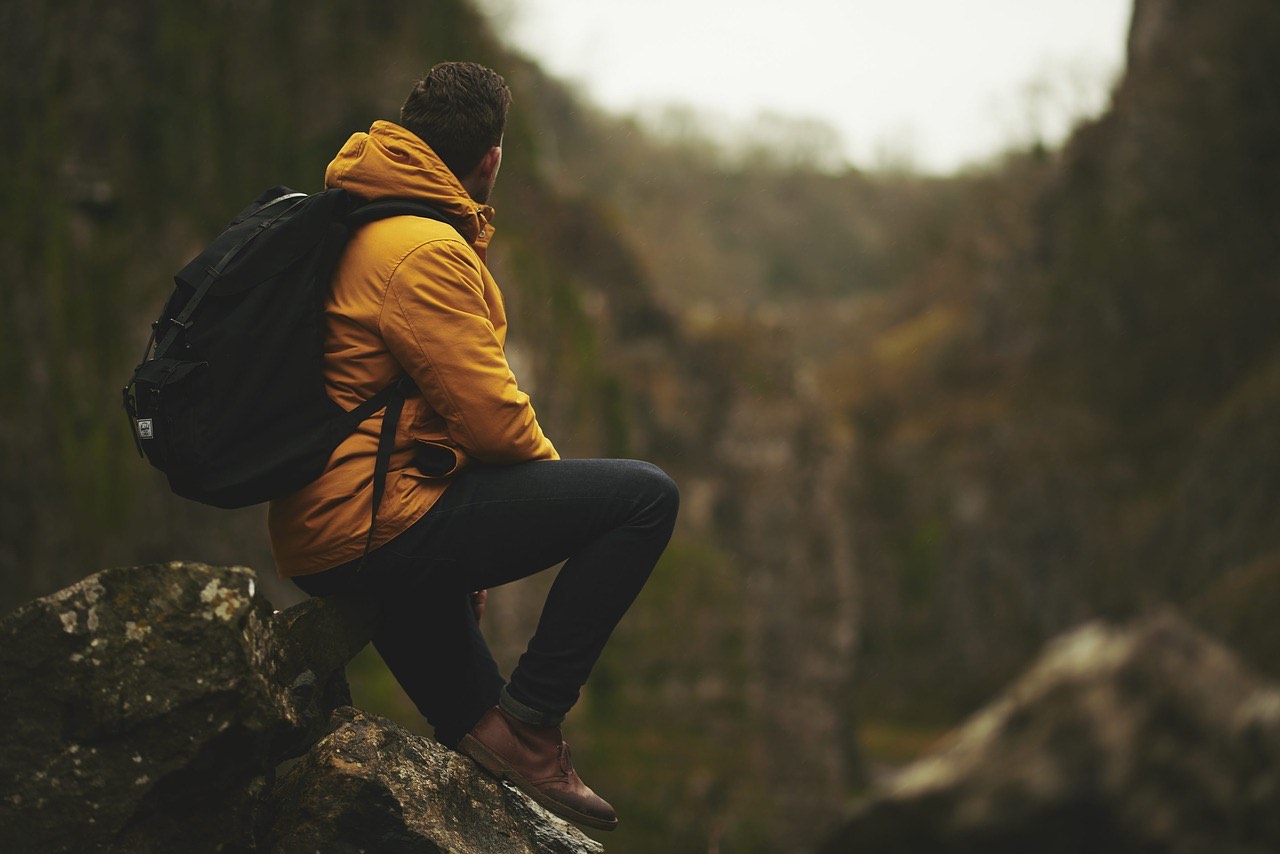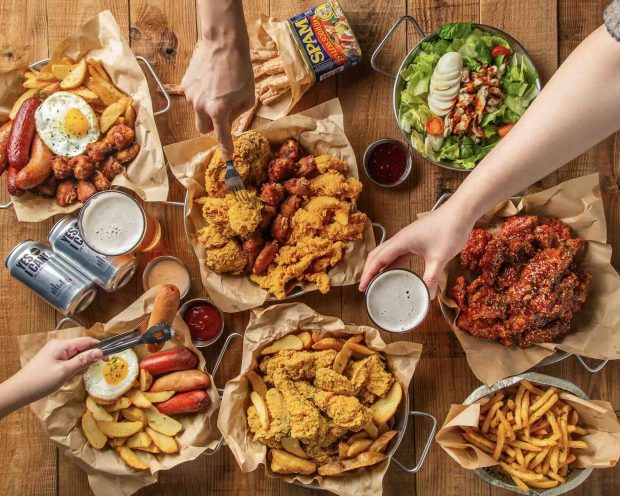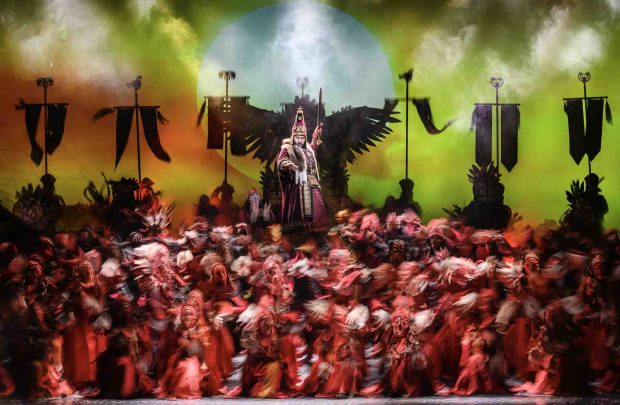I don’t know about you, but for me, one of the greatest ways to experience the US is definitely by camping. I love the great outdoors, and the US has so much variety to offer, from the Grand Canyon to Yosemite, to the Great Sand Dunes. There are hundreds of National Parks, each unique, and all waiting to be explored. Check out our camping checklist as well as some tips below to help you plan your national park camping trip.
“When to go” is dependent on two things: your plan and the park’s open seasons. Some parks are open year-round, while others are seasonal. You might want to look into the open schedules and see if it’s compatible with your plan.vYou might also want to take note that certain times of the year are busier than others, particularly summer. If you want some peace and serenity, plan your trip off the peak seasons.
1. Know Your Destination
Knowing at least a little about your destination helps you plan your trip better. National parks are huge, and it can be overwhelming to even think about where to start. Identify what sights or landmarks you want to see, then plan your route and schedules. Have a mission in mind and try to stick to it.
Knowing your destination will also help you with what to pack. For instance, if you are aware that it often rains in the area, then it would be wise to pack a rain jacket.
2. Book In Advance
Though many parks and campgrounds allow walk-ins, it’s still better to book in advance. This is especially important if you’re planning to camp in peak seasons. However, booking in advance does not just let you be prepared, but it’s also a good excuse to call or communicate with someone in the park’s end. You can find out what you can about camping permits, rules and regulations, fire regulations, and the facilities so you can be even more prepared.
3. Travel Light
The more you go camping, the more you’ll see the importance of packing light. If you’re hiking or going backcountry camping, this is even more important. You want your backpack to be as light as possible so you can avoid discomfort. A lot of gear are designed to be light for backpacking and camping, so you might want to look into that.
Most parks also have laundry facilities so, you don’t worry about not having enough clothes. Just pack the necessities and some extra layers.
4. Invest In Decent Gear
Decent gear is more of preference, but it helps a lot in getting you comfortable. First, you’ll want a backpack that fits you and your things perfectly, especially for backcountry camping. There’s nothing worse than hiking with an uncomfortable and possibly harmful-for-the-body backpack. You’ll also want a tent that is sturdy and weatherproof. Bonus tip: Don’t forget about having the best camping mattress to sleep on while you are camping. There are even specific guides such as Shopping for Camping Air Bed that you can follow to understand the different types of airbeds. What’s important is for you to get a great night’s sleep while being out. So hope you liked our little bonus tip and now let’s get back to our next tip.
Other important things you might need for camping are the following:
- Sleeping bag and mat
- headlamp/flashlight
- Camping cooler
- A bear bag if you’re in bear country
- A water filter and water purification tablets for backcountry camping.
- Camping stove
5. Eat & Drink Well
Do not neglect your body while you are camping. Eat well and often drink to stay healthy. Nothing is worse than being sick in camp or having your trip cut short because your body doesn’t cooperate. Most parks have places where you can buy food and refill your bottle. That said, add a nice water bottle to the list of decent gear you should have.
6. Be A Responsible Camper
The most important thing you should keep in mind is to be a responsible camper. Be mindful of the rules and regulations of the park; respect nature and the future campers. Follow the “leave no trace” rule. Exit the park better than you first came.
Conclusion
There you have it – 7 tips for camping in the national parks of the US. Remember that each park is unique and may have a unique set of rules. Above all, just remember to be a responsible camper by leaving no trace. I hope this helps you plan your camping trip around the US national parks. If you have questions and concerns, feel free to address them using the comment section below. I will try to respond as soon as I can.
About The Guest Blogger
Warren Kuhn is an outdoor and camping enthusiast, always out to seek for the thrill and adrenaline that only nature gives. He even took up survival training to prepare him for the worst-case scenarios while outdoors.With his background, you can learn a lot from him so you can get the most out of your camping trip at TheCampingTrips.

